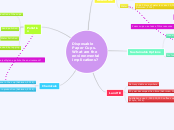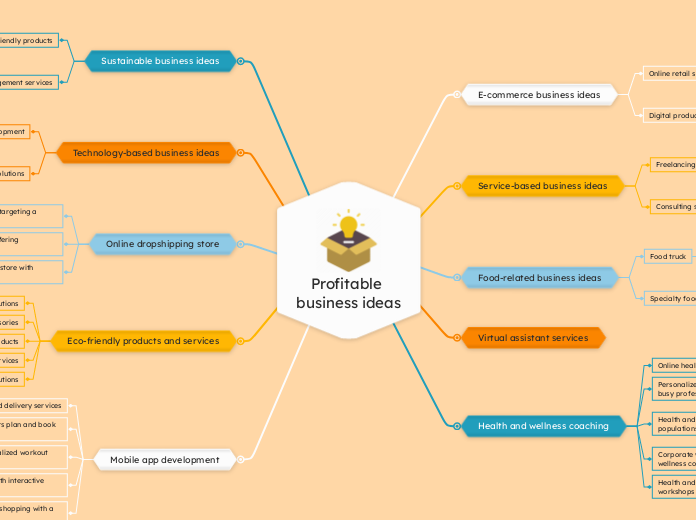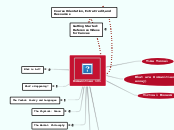作者:Amanda Krause 7 年以前
369
Environmental Implications of Paper cups
The production and disposal of disposable paper cups have significant environmental impacts. The manufacturing process demands substantial resources, including millions of trees and large volumes of water, contributing to deforestation and water consumption concerns.
開啟
Disposable Paper Cups. What are the environmental implications? Chemicals Chlorine dioxide in production (Gehrman, 2014). Polyethylene in the cup (Gehrman, 2014). Pollution Pollution caused by logging Water Pollution Chlorine dioxide is used with water in the production of paper cups. Can be harmful, if disposed of incorrectly (Gehrman, 2014). Land pollution Pollution caused by production of the cups 227Kgs of greenhouse gas emissions are released for every 10,000 cups released (Gehrman, 2014). 6.5 million BTUs, equivalent to 245Kgs of coal is used in the production of 10,000 paper cups (Gehrman, 2014). Landfill Australians use 1,000,000,000 coffee cups each year (Whyte, 2016). 20 year decompasition time (Gehrman, 2014). Not recyclable everywhere Sustainable Options Are foam cups a better option? Foam takes over 1,000,000 years to decompose, 50 years to decompose if in water. However, harmful to marine life (Gehrman, 2014). Less water involved in the creation of foam cups 17.973 liters to make Foam cups (Gehrman, 2014). Lighter, Save on fuel when transported. Travel Mugs Resources Water 30,643 liters of water to make 10,000 paper cups (Gehrman, 2014). Wood 20,000,000 trees cut down annually (Gehrman, 2014). Fuel (for transportation)









